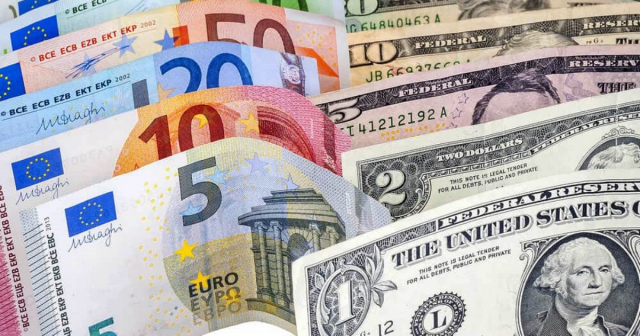Following the sudden increase of five pesos that the dollar recorded this Saturday in Cuba, this Sunday, the euro also marks a similar rise of five units, reaching 370 pesos in the informal market for the European currency.
The information, revealed by the independent outlet elToque based on its analysis of buy and sell offers on social media, indicates that there is once again a 10-peso difference between the trade of both currencies in the informal market.
The recent surge of the euro in the last few hours has also triggered a warning of instability in the informal USD exchange market, as the cited source noted.
In the case of the freely convertible currency (MLC), it remains valued at 288 CUP as of April 21.
Exchange rate today 04/21/2024 - 9:03 a.m. in Cuba:
Exchange rate of the USD to CUP according to elTOQUE: 360 CUP. Exchange rate of the EUR to CUP according to elTOQUE: 370 CUP. Exchange rate of the MLC to CUP according to elTOQUE: 288 CUP.
The single currency of the European Union (EU) not only remains the most valuable in the currency exchange landscape of the island, but given the significant increases in recent weeks, the question is whether it will reach 400 CUP.
Although the Cuban government is aware of the significant issue it faces with the informal currency market, it continues to provide no concrete solutions or proposals to establish an exchange rate and implement measures to revitalize the economy.
Whether peso by peso or with sudden increases of several units in a single day, the reality is that currency exchange rates show no signs of slowing down in their selling prices in the informal market, which makes the economic outlook in Cuba even more precarious.
ElToque reiterated last Tuesday in an article published on its website that the increase in the value of reference currencies in the informal market is the result of the balance between supply and demand.
He pointed out that the devaluation of the Cuban peso is also due to the fact that Cuban pesos are not required for certain daily transactions, such as purchasing gasoline or products in stores that operate with freely convertible currency (MLC).
"The exchange rate reflects the uncertainty that the island is experiencing," concluded economist Pavel Vidal.
What do you think?
COMMENTFiled under:
